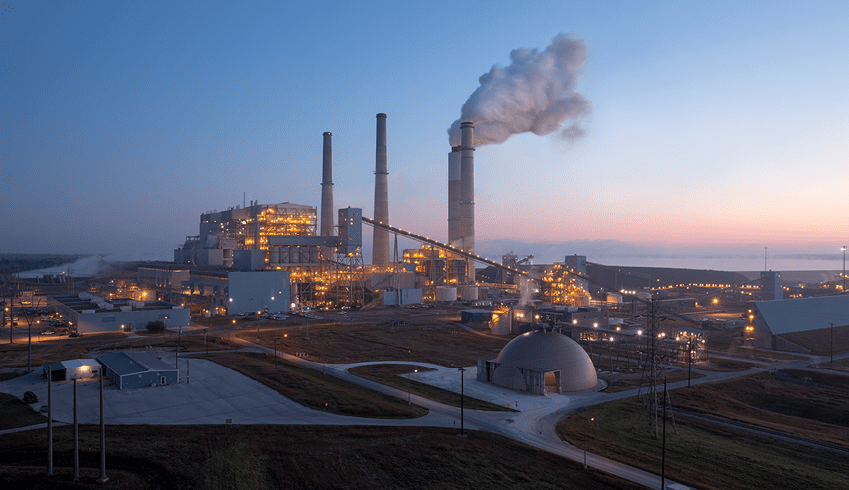Texas may soon get authority over the disposal of ash from coal-fired power plants, a change that could insulate coal companies from tougher rules expected under a Biden administration.
A proposal introduced by the U.S. Environmental Protection Agency this month would allow Texas to regulate coal ash instead of the federal agency. The move comes just after the EPA this year weakened the Obama-era rule on coal ash pollution amid other rollbacks and rule-making maneuvers cementing the Trump administration’s environmental agenda.
Coal ash is a byproduct of burning coal for power generation. The ash is typically dumped into detention ponds or pits and can leach toxic chemicals, such as arsenic, lead and mercury, into groundwater. All of the coal power plants in Texas have coal ash disposal sites that are leaking contaminants, according to data analyzed by the Environmental Integrity project in 2019.
President-elect Joe Biden’s reported pick to head the EPA, Michael Regan, currently leads North Carolina’s environmental agency and has a record of cracking down on coal ash pollution: In North Carolina, he fought to obtain a huge settlement over an 80 million ton coal ash cleanup by Duke Energy — the largest coal ash contamination cleanup in U.S. history.
But if Texas gets authority to implement the coal ash rules before Biden’s new EPA chief has a chance to strengthen the standards, the program could act as a temporary shield for the industry because the state would need to work through a lengthy process to modify already-issued registrations to coal companies.
“It’s always better for industry if the state has control instead of EPA,” said Abel Russ, a senior attorney for the Environmental Integrity Project who helped draft the organization’s comments on Texas’ coal ash program. “States are typically more favorably inclined to what industry wants. That’s true not just in Texas, but across the country.”
Oklahoma and Georgia are the only two states that currently have approval to operate the EPA’s coal ash program. Texas’ program won’t be effective until at least February, when the public comment period ends.
The Texas Mining and Reclamation Association, an industry group that represents coal and other mining industries in the state, supports the proposal, arguing that state-level environmental regulation is more effective.
“This system is designed to give decision-making authority to a level of government that is closer to the people and recognizes that states are in a better position to address specific problems as they arise,” said Michael Nasi, an Austin lawyer, on behalf of the industry group.
[…]
The EPA must review state programs within three years after any change in federal regulations, and the agency has the authority to withdraw approval if the state program is not as protective as federal requirements. The EPA will retain its authority to inspect coal ash facilities. That’s why Nasi, the Texas Mining and Reclamation Association lawyer, said the industry group’s stance is that coal ash standards in Texas will be as protective as federal rules.
The EPA proposed the Texas program for partial approval this month. Because sections of the federal program were being challenged in court by both industry and environmental groups — including a rule allowing unlined coal ash pits to operate, a proposal overruled in court — Texas did not apply to assume all of the EPA’s oversight authority. That means facilities in Texas would have to comply with some federal and some state requirements if the state’s application is approved.
It’s not clear to me what the full implications of this are, if Texas manages to get approval before any further rule changes are made, and it’s not clear to me if any changes can be made before that approval is given. The Congressional Review Act may come into play here as well. My preference would be for Texas to be under much tougher standards, even though as we know from the Obama experience that’s basically a full employment program for lawyers. On the plus side, coal is on the decline in Texas, so whatever kind of fight this turns into will be over a smaller piece of the action. It would still be nice if Texas is subject to the same kind of standards that the rest of the country is.

